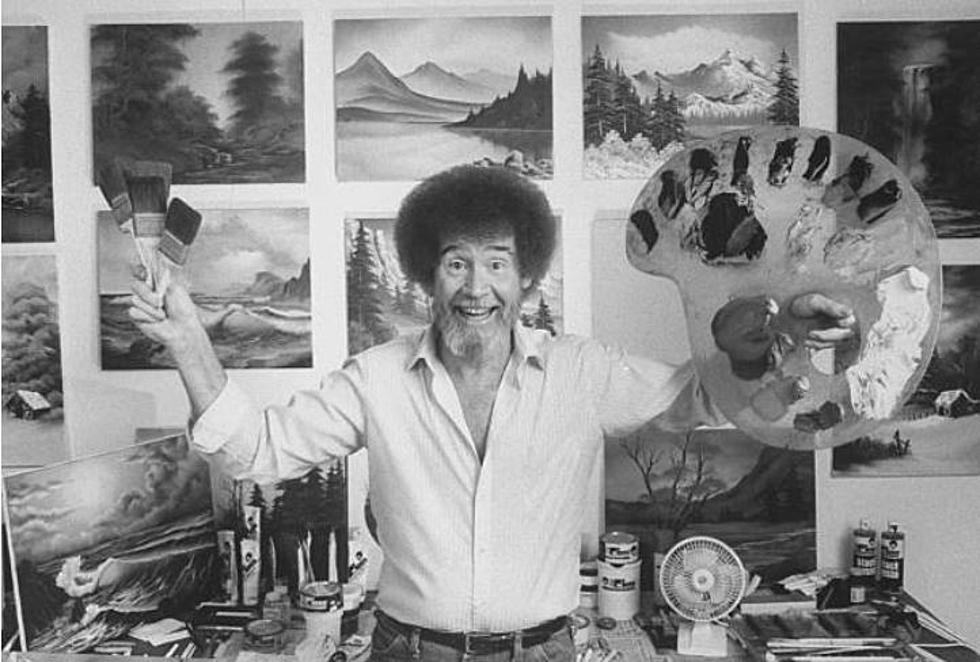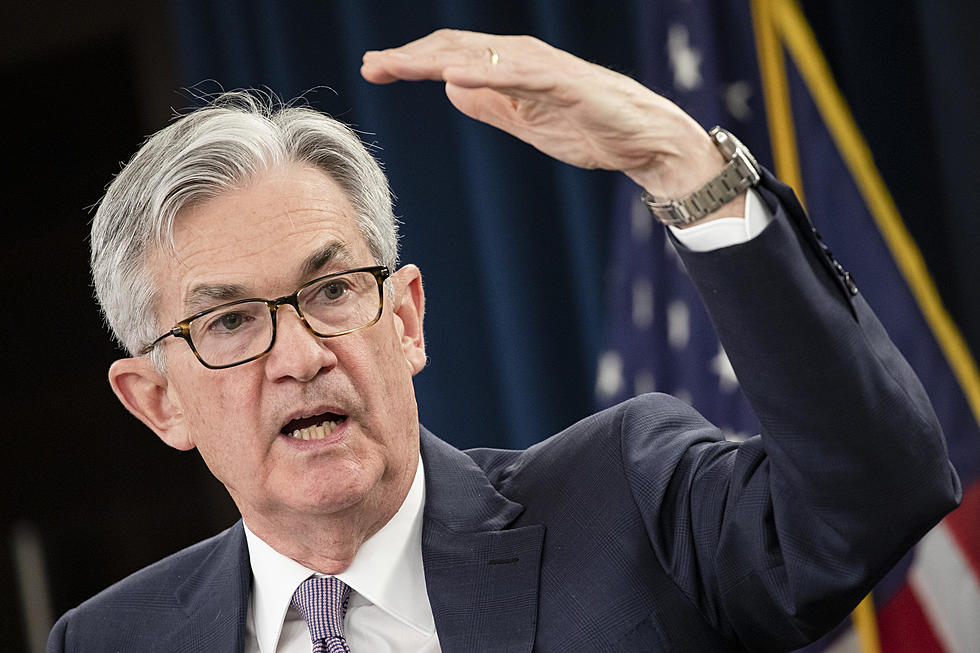Boomers Avoid Living Wills, Say They’re Young
WASHINGTON (AP) — Many baby boomers don't have end-of-life legal documents such as a living will — and some say it's because they feel healthy and young in their middle-age years and don't need to dwell on death.
An Associated Press-LifeGoesStrong.com poll found that 64 percent of boomers — those born between 1946 and 1964 — say they don't have a health care proxy or living will. Those documents would guide medical decisions should a patient be unable to communicate with doctors.
"I'm very healthy for my age," said Mary McGee, 53, of Archbald, Pa. "So, death and dying isn't on my mind a lot.
McGee, a computer programmer, exercises five to seven days a week, everything from aerobics to kickboxing, and her parents are alive and healthy.
The same goes for 57-year-old Sandy Morgan in Richmond, Va., a retired teacher who is working part time for an executive search firm.
"I don't think of myself in terms of my age group," said Morgan, who runs three miles a day twice a week, practices yoga twice a week and takes part in a rigorous fitness boot camp twice a week. Her parents, in their early 80s, are healthy, too — so living wills aren't on her radar.
"I just feel like it's something I'll probably think about in my late 60s or 70s," she said.
A living will spells out a patient's wishes for medical care if he or she is unable to communicate with doctors.
The health care proxy, also known as a health care power of attorney, allows an individual to select a person he or she trusts to make decisions about medical care should the patient become incapacitated.
Kathy Brandt says living wills and health care proxies are a good idea for everyone whether they are healthy and young or older and not so healthy.
Brandt, a senior vice president at the National Hospice and Palliative Care Organization, said the two documents can spare families a painful fight and ensure that patients receive — or don't receive — the medical treatment they wish should they end up in a situation where they can't speak for themselves.
The living will is not "all or nothing," said Brandt. A person could say he or she wants everything, something or nothing. For example, one person may want heroic measures taken to prolong life, while another may want to be resuscitated but decide against being dependent on breathing machines long-term.
Brandt pointed to high-profile cases such as the Florida family fight over Terri Schiavo as a smart reason to draft a living will and health care proxy.
At 26, Schiavo collapsed at her St. Petersburg home in 1990 with no end-of-life care instructions in writing. Her heart stopped and she suffered what doctors said was irreversible brain damage that left her in a permanent vegetative state. Her husband said his wife would not have wanted to live in a vegetative state; her parents wanted her kept alive.
What ensued was a years-long legal battle that involved dozens of judges in numerous jurisdictions, including the U.S. Supreme Court, and Congress. Schiavo's feeding tube was ordered removed in 2005. About two weeks later, she died.
Each state has its own forms for proxies and living wills, said Brandt. And while it's a legal document, she said, you don't need an attorney to draft one. The forms need to be witnessed, but that's it. She advises giving copies to plenty of people — family, friends, colleagues — so a person's wishes are well-known.
For baby boomer William Walsh in Petersburg, Va., drafting a living will hasn't crossed his mind.
"I just haven't really thought about it to tell you the truth," said Walsh, 61. "You always think something is going to happen to the other guy, not you."
Walsh said no one in his family has ever needed one, but also said he might give the idea more thought.
The AP-LifeGoesStrong.com poll was conducted June 3-12 by Knowledge Networks of Palo Alto, Calif., and involved online interviews with 1,416 adults, including 1,078 baby boomers. The margin of sampling error for results from the boomers is plus or minus 3.3 percentage points.
Knowledge Networks used traditional telephone and mail sampling methods to randomly recruit respondents. People selected who had no Internet access were given it for free.
More From K2 Radio
![Wyo Gets More Crowded, Diverse, Old [AUDIO]](http://townsquare.media/site/101/files/2012/01/01.19-2010-census-poster.jpg?w=980&q=75)







